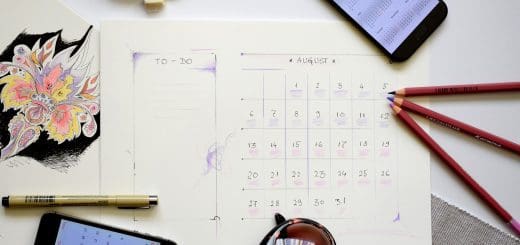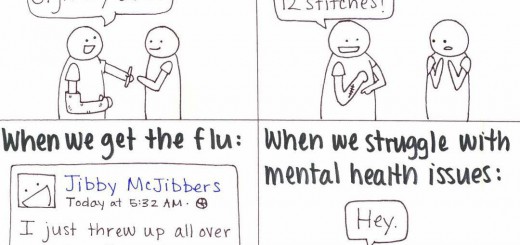Lessons Learned
 Have you ever been told the same thing multiple times but when you really need to remember that information you suddenly have amnesia? Some people experience this during test-taking if they get stressed out at the thought of taking a test.
Have you ever been told the same thing multiple times but when you really need to remember that information you suddenly have amnesia? Some people experience this during test-taking if they get stressed out at the thought of taking a test.
Recently I was exasperated, discussing with my therapist that I don’t understand why I “know” all the things I should be doing to take care of my anxiety, but those things feel so inaccessible in the moment of anxiety. I said “how many times do I have to be told that X is what I need to do before I actually implement it??” She said there is actually a biological reason why I am unable to access what I know in times of high anxiety .
All of the things I “know” about how to handle my anxiety, resources that can help bring down my anxiety, and other strategies I have been taught through therapy, are stored in my prefrontal cortex. Anxiety disrupts the neuronal capacity of the prefrontal cortex by disrupting emotional regulation, cognitive flexibility, and the control of behavior. This Psychology Today article states the results of one research study done at Pitt on how the prefrontal cortex is affected by anxiety: “First, anxiety often leads to bad decision-making, especially when there were conflicts or distractions. Second, bad decisions made under distress were correlated with the “unclamping” of very specific PFC neurons.”
The lead author of this study said it this way: “The data indicates that anxiety has an exquisitely selective effect on neuronal activity that supports decision making. We have had a simplistic approach to studying and treating anxiety. We have equated it with fear and have mostly assumed that it over-engages entire brain circuits. But this study shows that anxiety disengages brain cells in a highly specialized manner.”
So now that I am done nerd-ing out on you, what does all this mean for you?? That you deserve more grace than you are giving yourself, and some things are simply out of your control no matter how hard you try. Hearing that there is a physical, biological process in my brain inhibiting me to put into practice all the skills I have learned in therapy makes me feel like less of a failure.
 When I am not experiencing high anxiety during my therapy sessions, I can label and point out the things I need to start incorporating, the resources that help me, and how to prevent myself from getting into a panic attack situation. Yet as someone who spends a lot of time in their mind and not their body, I sometimes don’t realize how anxious I have become until it’s too late and I am already stuck in the hamster wheel. The dichotomy of all the knowledge I have and want to employ and what actually happens real time had me frustrated at myself for a long time.
When I am not experiencing high anxiety during my therapy sessions, I can label and point out the things I need to start incorporating, the resources that help me, and how to prevent myself from getting into a panic attack situation. Yet as someone who spends a lot of time in their mind and not their body, I sometimes don’t realize how anxious I have become until it’s too late and I am already stuck in the hamster wheel. The dichotomy of all the knowledge I have and want to employ and what actually happens real time had me frustrated at myself for a long time.
So if you find yourself in a similar situation I just want to impart some encouragement that you’re not alone. it takes a long time to re-wire our brains to think in a new way and we have to be patient with ourselves. Additionally, your therapist may have other techniques that they can try with you in order to reprocess old memories or beliefs that may be holding you back, talk to your provider if you have one and are also struggling with this issue.
As always, my hope is that you find a sense of relief that someone else is experiencing what you have experienced and thought before. And that you remember to be compassionate and kind to yourself without always throwing blame on yourself if something doesn’t go the way you think it “should.” I know we like to think we have control over our body and mind, but you probably don’t understand how to make your heart keep beating, or your eyes blinking, or your throat swallowing, so how can we think we have even the slightest bit of control over the most complex part of our body – our brain? The great news though is that our brains have plasticity, which means you have the chance to undo thought patterns and make new thought patterns as you work to think in a new way. It just takes time, and patience, and commitment. So keep showing up to do the hard work!
Would you consider yourself to be “control freak?” How does your mental illness symptoms affect your ability to function, and how does that make you feel? Do you find yourself getting more frustrated at yourself because you have less control?




Recent Comments